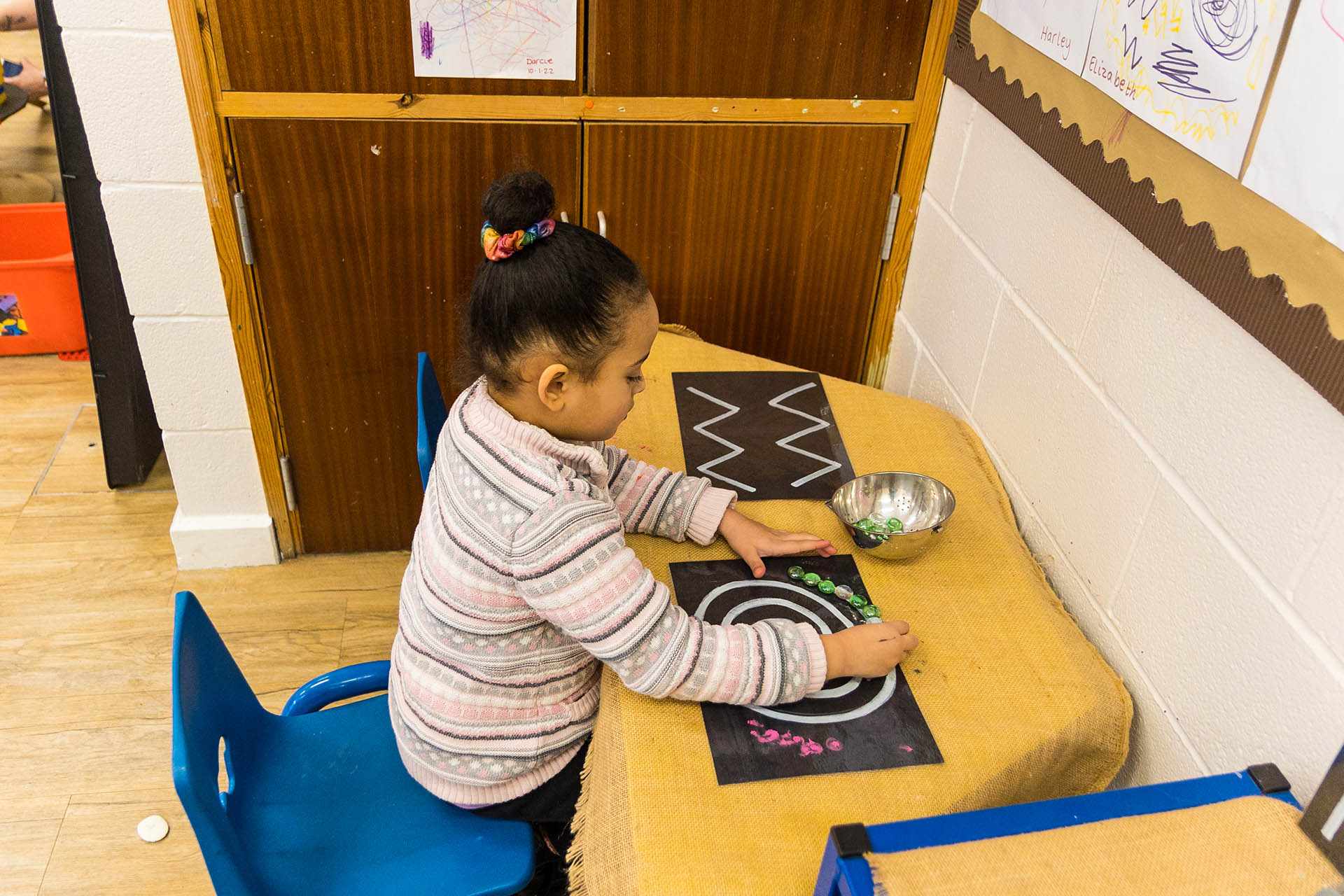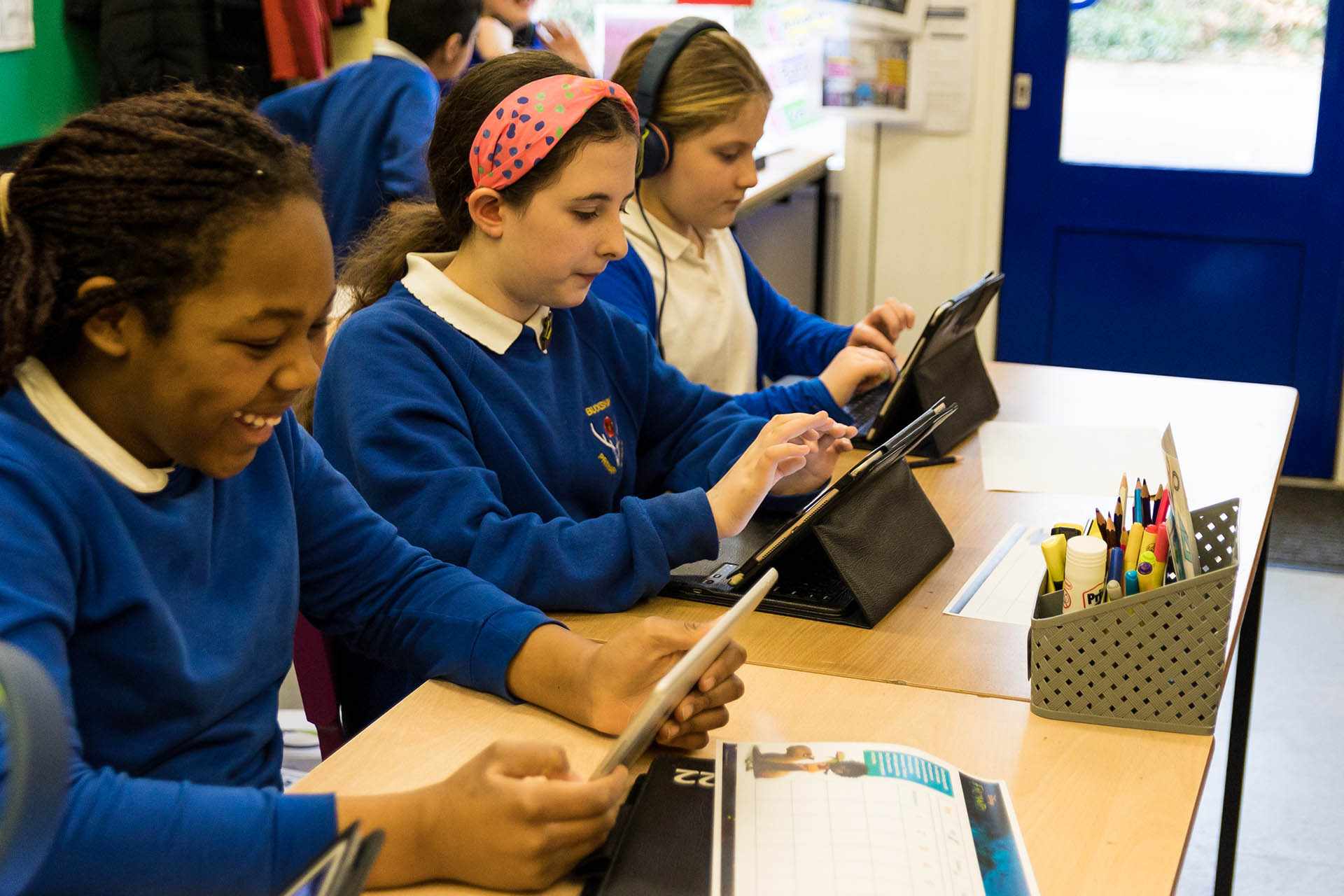PSHE
Intent Statement
At Buckshaw Primary School, our PSHE curriculum covers all non-statutory elements of PSHE Education, statutory guidance on Relationships and Health Education (RHE), sex education beyond statutory Health Education and Science.
Buckshaw Primary School is a friendly and caring school in which the children are supported and encouraged through lessons, assemblies and playtime to achieve their best in every aspect of their learning. We believe it is important to nurture individuals and develop pride and mutual respect for each other and our school within our diverse and inclusive community.
Our curriculum aims to prepare our children for their future by raising aspirations and developing resilience within a happy, safe and caring environment. We prepare pupils for challenges of everyday life now and in the future by providing inspiring opportunities and experiences within and outside school including outside learning, after-school clubs, school trips and inspirational speakers.

Implementation
Our PSHE education programme promotes our school ethos and is underpinned by the school values of ‘Live, Love, Laugh, Learn’. We believe that PSHE should enable children to become healthier, more independent and more responsible members of society. We encourage our children to play a positive role in contributing to the life of the school and the wider community. In so doing, we help develop their sense of self-worth. We teach them how society is organised and governed. We ensure that the children experience the process of democracy through the election of class representatives, who make up the ‘School Council’. They are encouraged to voice their views, ideas and opinions through this process and pupil questionnaires, thus making a positive contribution to the school community. Through Citizenship, the pupils find out about the main political and social institutions that affect their lives and about their responsibilities, rights and duties as individuals and members of communities. We teach children both about their rights and about their responsibilities. They learn to appreciate what it means to be a positive member of a diverse and multicultural society. Buckshaw will encourage children to talk to their parents and carers by communicating effectively to parents’ topics discussed in class.
EYFS
Building on the foundations laid in Early Years, the curriculum is sequenced within and between KS1 and KS2. We teach PSHE and citizenship in Reception as an integral part of the curriculum. As the reception and nursery class is part of the EYFS, we relate the PSED aspects of the children’s work to the objectives set out in the Early Learning Goals (ELGs). Our teaching in PSHE matches the aim of developing a child’s personal, emotional and social development as set out in the ELGs. We also support citizenship education in EYFS classes, when we teach ‘Understanding the World’. In addition, Reception uses the support resource, 1 Decision.
Key Stages 1 & 2
While promoting the values of Buckshaw Primary School and meeting statutory requirements, we will ensure that pupils are offered a balanced PSHE curriculum designed to meet their needs by using relevant local data. Pupils will be provided with skills to achieve their aspirations and build their resilience. Buckshaw Primary School’s pupils’ views are a large part of the planning process. We ensure our curriculum builds on prior learning by creating a PSHE Curriculum Overview which covers Health and Well-being, Relationships and Living in the Wider World including key skills for both key stages and planning for prior learning before each lesson.
We allocate weekly one-hour lessons for each year group during curriculum time to PSHE. Our PSHE education provision is mapped and planned effectively using the PSHE Association Programme of study linked to our Needs Analysis along with Question-based programme builder which has been adapted to the needs of Buckshaw Primary’s pupils. We use PSHE Association accredited and updated resources including, 1Decision. PSHE topics are introduced through other areas of the curriculum (Science, Physical Education, ICT and online safety, Religious Education) and these can be seen on the ‘Whole School Curriculum Map’ before being revisited in standalone PSHE lessons through the spiral PSHE education programme.
At Buckshaw Primary School, we are required to teach relationships education as part of our PSHE curriculum alongside this we teach about different kinds of relationships, including same sex relationships, and gender identity helping our children to understand diversity. Current regulations and guidance from the Department for Education state that Relationship Education is compulsory in all primary schools, but Sex Education is not compulsory. Buckshaw Primary School’s children would benefit from a Sex Education and therefore, we will be teaching Years 5 & 6 about the non-compulsory processes of reproduction and birth as part of the human life cycle; how babies are conceived and born (how to prevent babies from being conceived) and how babies need to be cared for as part of our Science curriculum and will be revisited during PSHE lessons (please see policy for further details).
PSHE is taught through 1 Decision’s six half termly themes and each group plan according to the needs of Buckshaw’s pupils and pupil voice (please 1decision’s progression document attached). Therefore, each year group may be studying units at different times (at their own level):
- Keeping/ Staying Safe & Keeping/ Staying Healthy
- Relationships & Being Responsible
- Feelings & Emotions
- Computer Safety
- Our World/ The Working World
- Hazard Watch/ A World without Judgement

Impact
By the time Buckshaw Primary School’s children leave school they will:
- know and understand a healthy lifestyle
- be aware of safety issues
- understand what makes for good relationships with others
- have respect for others
- be independent and responsible members of a community, such as school
- understand what is meant by ‘Democracy’ and be positive and active members of a democratic society
- recognise the value of economic wellbeing allowing children to apply life skills to the wider world preparing them for the future
- develop self-confidence and self-esteem, and make informed choices regarding personal and social issues
- develop good relationships with other members of the community
- actively promote British Values (BV)

